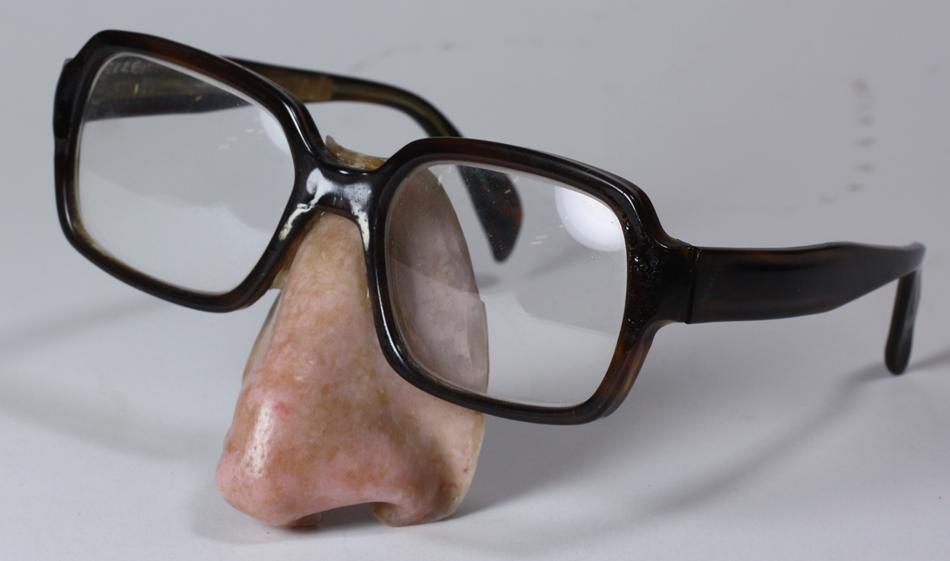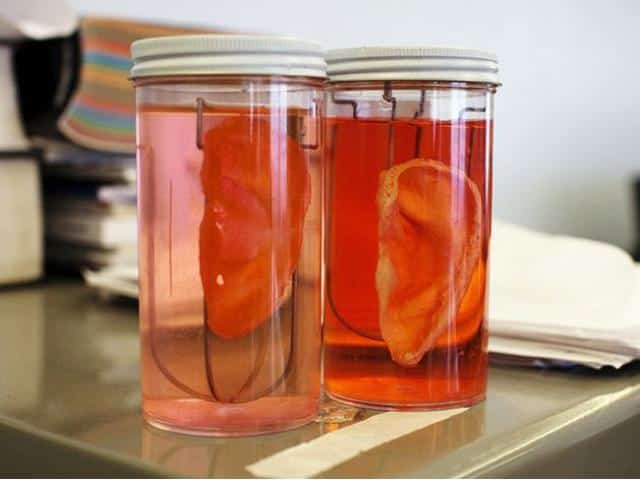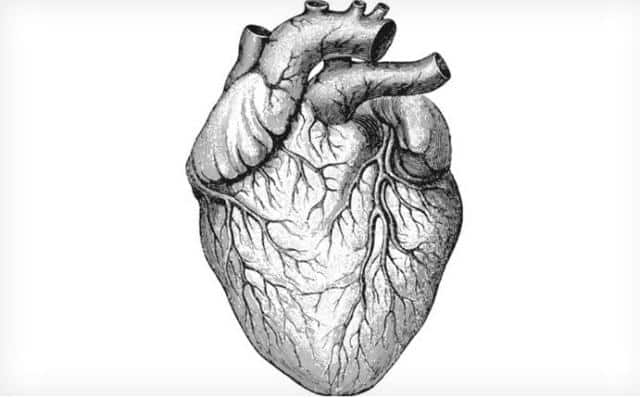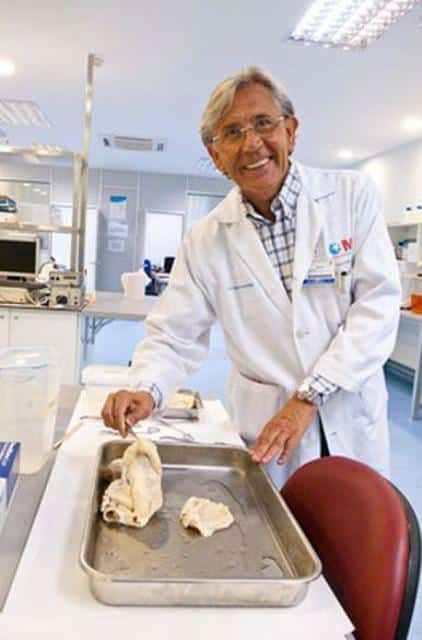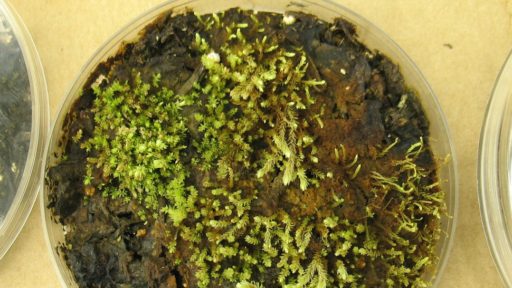Along with the developing medical science and technology, medical researchers have already made artificial heart in the laboratory. Now other medical researchers are busy in creating more artificial parts of human body in laboratory. London researcher Alex Seifalian, has made an artificial nose and he expects to transplant it later this year in a man who lost his nose to skin cancer.
According to the Wall Street Journal, inside a warren of rooms buried in the basement of Gregorio Marañón hospital, Spain, Dr. Francisco Fernandez-Aviles and his team works to bring bio-engineering revolution. Be noted, the bio-engineered organs are built with the patients’ own cells. However, they try to build artificial body parts of human body and later replace them in reality. Till now, those medical researchers have made many complex organs like windpipes, ears, tear ducts and an artery, but have successfully replaced five windpipe in reality.
However, London researcher Alex Seifalian is one of the team members of Dr. Aviles who also works to bring bio-engineering revolution. Alex Seifalian has already transplanted lab-made tear ducts and an artery into patients. And now, he has made an artificial nose which he expects to transplant later this year in a man who lost his nose to skin cancer.
Now, Dr. Aviles along with Alex Seifalian and the rest of his team members want to create artificial heart in their lab. They said that although the country, Spain, has the highest number of organ donors in the world, only about 10 percent of patients need a new heart, not any other people’s heart.
According to Dr. Aviles, they might make a lab-made version of a heart in five or six years and they plan to transplant the lab-made heart “in about 10 years.”
While it seems to be impossible, but U.S. scientist Doris Taylor, who grew a mouse heart in a lab at the University of Minnesota, believes that it’s possible. She said, “We opened the door and showed it was possible. This is no longer science-fiction. It’s becoming science.”
Source: Wall Street Journal
[ttjad keyword=”security”]

